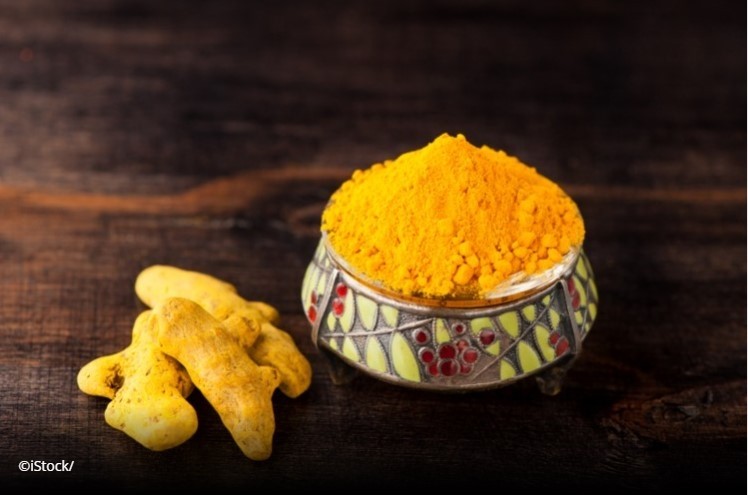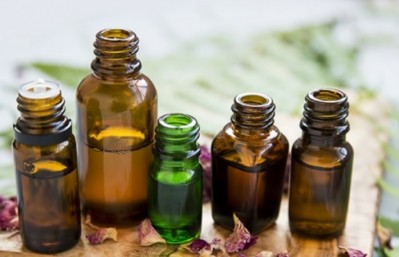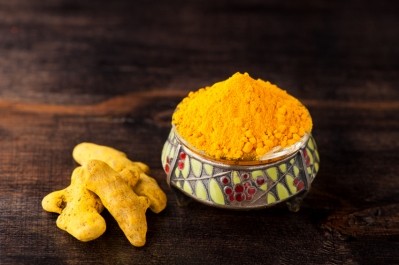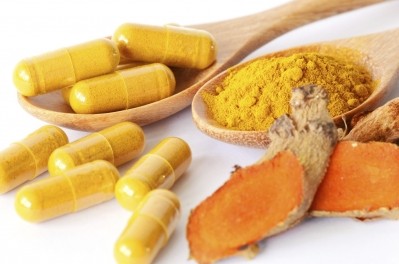ANSES warns of turmeric-based supplements’ effect on immune response

The country identifies the plant-based spice, its main active ingredient curcumin, as well as echinacea and liquorice amongst others as constituents of supplements that could interfere with the immune and inflammatory response.
“Some food supplements contain plants with anti-inflammatory properties that can act like non-steroidal anti-inflammatory drugs (NSAIDs),” the Agency for Food, Environmental and Occupational Health & Safety (ANSES) explains.
“These plants are capable of disturbing the body's natural defences which are useful in fighting infections and, in particular, against COVID-19.
In ANSES’ opinion, plants containing other anti-inflammatory components are identified and include harpagophytum, echinacea, turmeric, cat's claw (also called Peruvian creeper), plants of the genera Boswellia and Commiphora.
In addition, several plants had been identified as having counterproductive effects against the coronavirus. These plants contain salicylic acid derivatives (analogues of aspirin) and include willow, meadowsweet, birch, poplar, goldenrod and polygalas.
Turmeric (and curcumin) in particular are ingredients of interest considering its popularity in supplement form and claimed anticancer potential, which has been described in research for almost forty years.
In that time, its therapeutic benefits have been suggested in multiple chronic diseases such as inflammation, arthritis, metabolic syndrome, neurodegenerative diseases as well as in several cancers.
Mechanisms of action
ANSES’ opinion identifies a number of mechanisms that may explain the anti-inflammatory effect of curcumas, their extracts and curcumin.
These include the inhibition of lipo-oxygenases (LOX), cyclooxygenases (COX), phospholipases and the production of leukotrienes,prostaglandins, thromboxane, inducible NO synthase (iNOS)
Further explanations could be the inhibition of the production of TNF-α, IL-1β; IL-6, IL-12, cell signalling proteins involved in systemic inflammation.
The Agency’s opinion also identifies a decrease in the level of expression of mTOR, a protein targeted by several immunosuppressants,
In summing up its findings, ANSES says that clinical studies are in favour of curcumin in certain indications such as osteoarthritis, but they rarely highlight significant changes in situations of chronic inflammation.
“Curcumin exhibits good tolerance but in view of experimental data which shows that it induces pathway inhibition metabolism of COX-2 and LOX, as well as a reduction in the production of inflammatory cytokines, it is likely to exert a modification of the immune defences in an infectious context.”
Echinacea findings
The opinion’s findings on echinacea are a similar story with ANSES experts saying that Echinacea preparations, by the presence of alkamids, have in vitro anti-by induction of anti-inflammatory cytokines and by an indirect inhibiting effect on COX.
ANSES said that although the level of knowledge available is inconsistent for these different plants, its experts believe that they are all likely to disturb the immune response and the beneficial inflammatory reaction developed by the body at the start of infections.
The Agency points out that an inflammation should only be fought when it becomes excessive.
In view of the work carried out, the Agency concludes that people consuming these food supplements with a preventive aim in mind, immediately suspend consumption of food supplements containing these plants as soon as the first symptoms of COVID-19 appear.
Further recommendations by ANSES include those consuming these food supplements in the context of chronic inflammatory pathologies imperatively discuss with their doctor the relevance of continuing their consumption.








